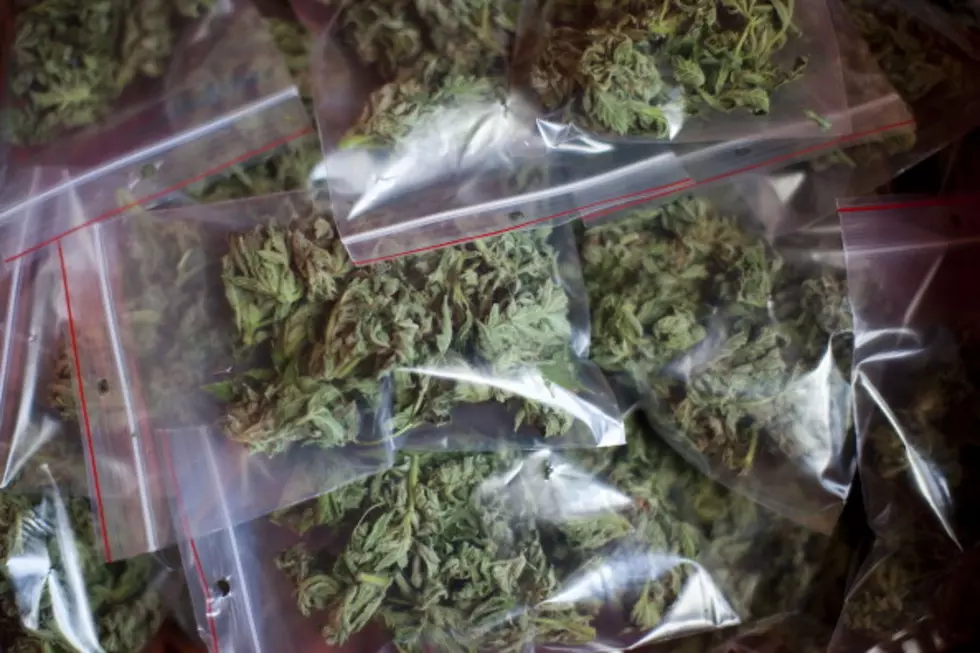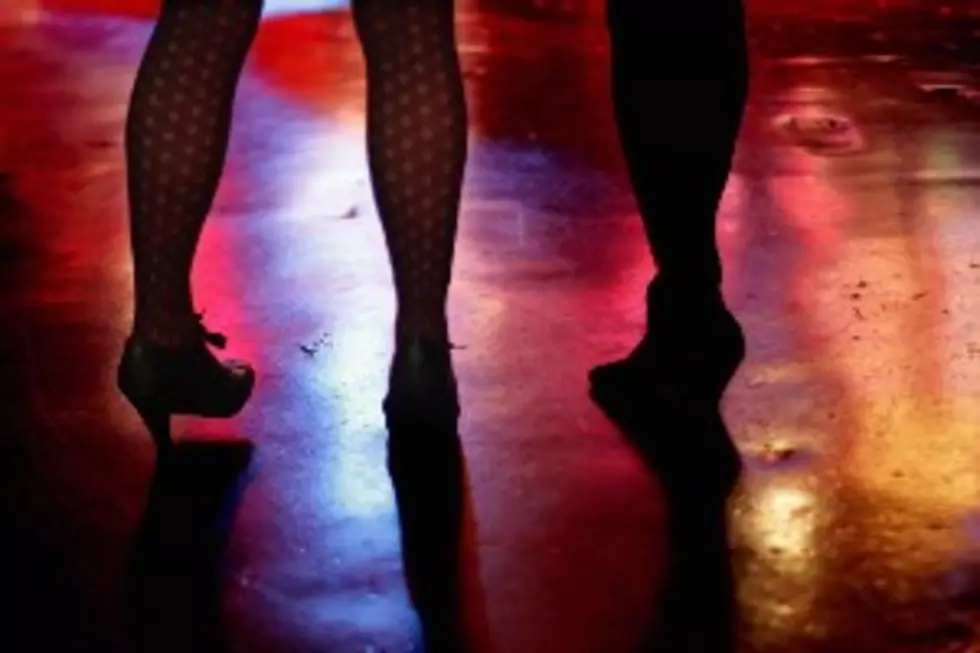
Humanitarian crisis deepens in quake-hit Japan | Reuters
The people who are living with the devastation that has ravaged Japan are in a bleak cold world and need help and more than anything, water.
(Reuters) - Millions of people in Japan's devastated northeast were spending a fourth night without water, food or heating in near-freezing temperatures, as tens of thousands of rescue workers struggled to reach them.
As bodies washed up on the coast, injured survivors, children and elderly crammed into makeshift shelters, often without medicine. By Monday, 550,000 people had been evacuated after the earthquake and tsunami that killed at least 10,000.
The humanitarian crisis was unfolding on multiple fronts -- from a sudden rise in newly orphaned children to shortages of water, food, fuel and electricity to overflowing toilets in overwhelmed shelters and erratic care of traumatized survivors.
"It is the elderly who have been hit the hardest," said Patrick Fuller of the International Federation of Red Cross, in a memo written from Ishinomaki, one of several coastal cities brutalized by the swirling wall of waves.
"The tsunami engulfed half the town and many lie shivering uncontrollably under blankets. They are suffering from hypothermia having been stranded in their homes without water or electricity."
Local officials had lost contact with about 30,000 people, according to a survey by Kyodo News, raising concerns of a dramatic increase in the number of dead as authorities grapple with Japan's biggest emergency since World War Two.
Read the rest of the story via Humanitarian crisis deepens in quake-hit Japan | Reuters.
More From KISS FM









